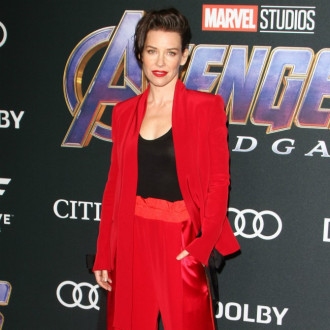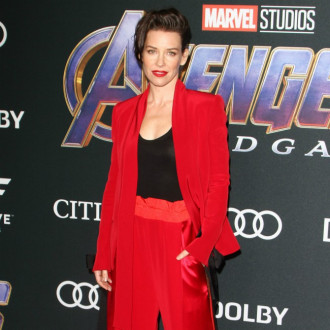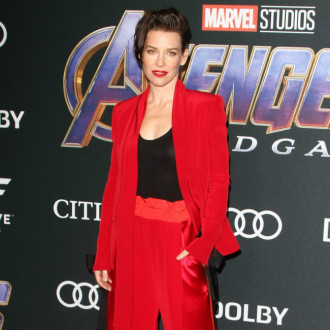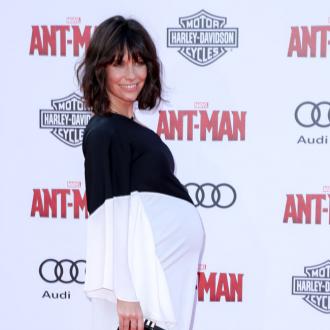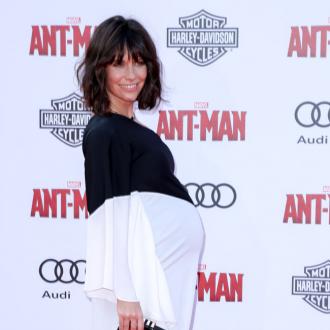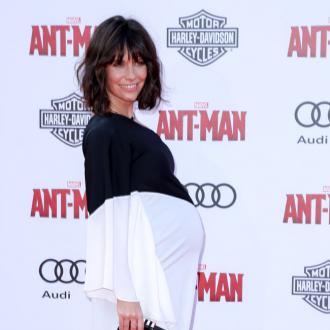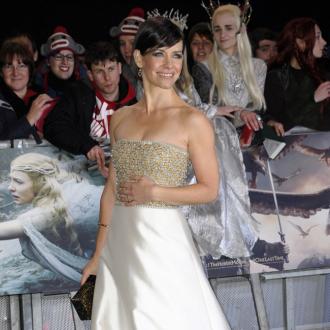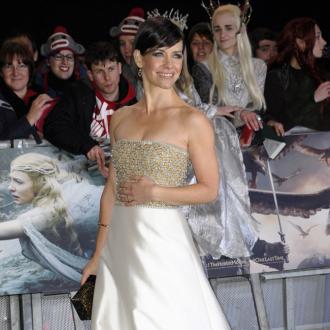Let's All Get Some Closure on 'Lost' - Bosses Answer Finale Questions
By Jack de Aguilar in Movies / TV / Theatre on 17 March 2014
With questions still lingering over that finale, the show's bosses sit down and answer questions on the 10th anniversary of Lost S1E01.
Amidst The Sopranos, The Wire, Mad Men, Breaking Bad and Dexter, there was Lost – a worthy entry into the pantheon of box set TV shows, but for entirely different reasons. The premise intrigued fans – a downed plane on a tropical island, with mysterious goings on. But soon the 6-season epic moved into the realms of spirituality, and more than polarized its fan base with its notoriously ambiguous ending.

This has become the stuff of Internet folklore, to the point where people don’t care about spoilers, and will happily mock the ‘it was all a dream’ ending without fully realizing what it actually meant. The trouble is, no one really knew what Lost’s ending meant, until now. Damon LIndelof and Carlton Cuse – the show’s big bosses – finally faced fans following that final episode back in 2010.
"Very early on we had decided that even though Lost is a show about people on the island, really, metaphorically, it was about people who were lost and searching for meaning and purpose in their lives. And because of that, we felt the ending really had to be spiritual, and one that talks about destiny,” explained Cuse on the finale of the controversial show. “We would have long discourses about the nature of the show, for many years, and we decided it needed to mean something to us and our belief system and the characters and how all of us are here to lift each other up in our lives." (E! News)
Early seasons of Lost were hailed as some of the best-written TV in history, even making it into the Writers Guild of America’s top 101 shows, at 27. But when more questions than answers were finding their way into scripts, seasons 5 and 6 become muddles in comparison to the 4 thrilling seasons that preceded them. One of the biggest criticisms was the idea that the characters were dead the whole time, and the much-clichéd ‘it was all a dream’ ending was used as a cop out.
"No, no, no. They were not dead the whole time," insisted Cuse. "At the end of the series finale, [an ABC exec] thought it would be good to have a buffer between when you have the end of the show and when they cut to say, a Clorox commercial," Cuse explained.
"We didn't have a lot of extra footage lying around, but we had footage of the plane wreckage on the beach," which they shot when the plane needed to be moved or it would have been washed out to sea. "We thought, let's put those shots at the end of the show and it will be a little buffer and lull. And when people saw the footage of the plane with no survivors, it exacerbated the problem."
Contactmusic
Movies and Trailers
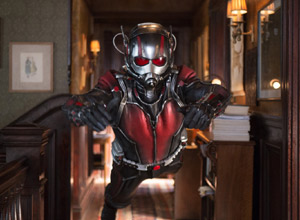
Ant-Man Movie Review
The increasingly stale Marvel formula gets a blast of fresh air in this rollocking adventure...
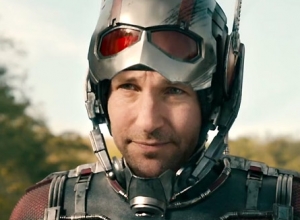
Ant-Man Trailer
When you need someone to break into a place and steal something, a career cat...
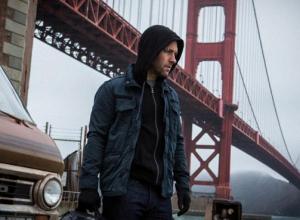
Ant-Man Trailer
An awful lot has happened in the world - A Second World War super soldier...
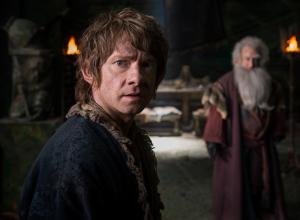
The Hobbit: The Battle of the Five Armies Movie Review
Peter Jackson's expanded take on J.R.R. Tolkien's The Hobbit comes to a conclusion in a...

The Hobbit: The Battle Of The Five Armies Trailer
The Lonely Mountain has been reclaimed from the dragon Smaug. The dwarves of Thorin Oakenshield...
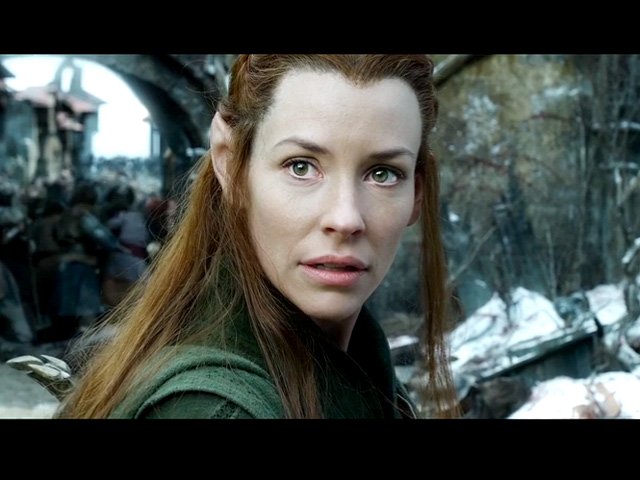
The Hobbit: The Battle Of The Five Armies Trailer
Bilbo Baggins, Gandalf and the mini-army of dwarves led by Thorin are facing an evermore...
Advertisement

The Hobbit: The Desolation of Smaug Movie Review
With wittier action and a few more sharply defined characters, this second episode in Peter...
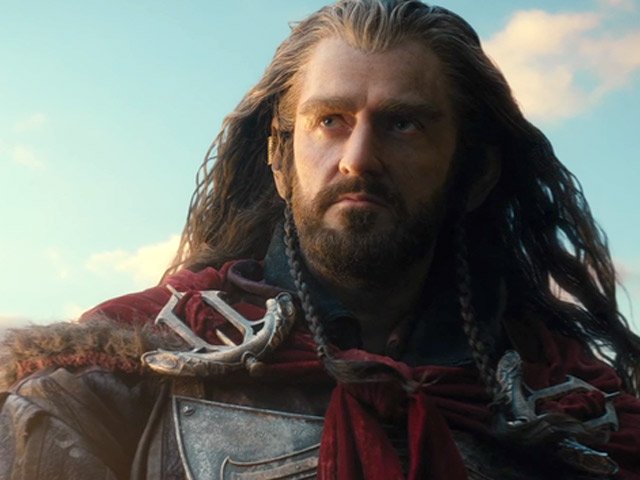
The Hobbit: The Desolation of Smaug Trailer
Bilbo Baggins has narrowly escaped several deadly confrontations with the likes of trolls, stone giants...
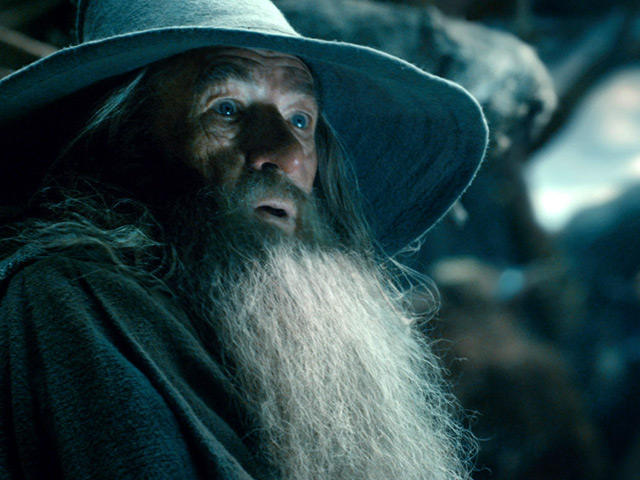
The Hobbit: The Desolation of Smaug Trailer
Bilbo Baggins, Gandalf and their company thirteen dwarves have managed to leave the Misty Mountains...
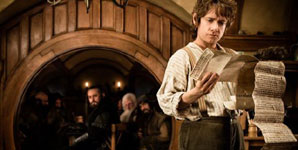
The Hobbit: An Unexpected Journey Trailer
Bilbo Baggins is a hobbit, who lives a quiet life in The Shire. His peace...

Real Steel Movie Review
Undemanding audiences will love this rousing father-son tale of redemption set amid the cacophonous crashing...
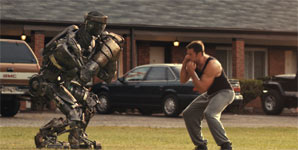
Real Steel Trailer
Charlie Kenton is a former boxer who finds he's given a huge opportunity to make...
Advertisement
